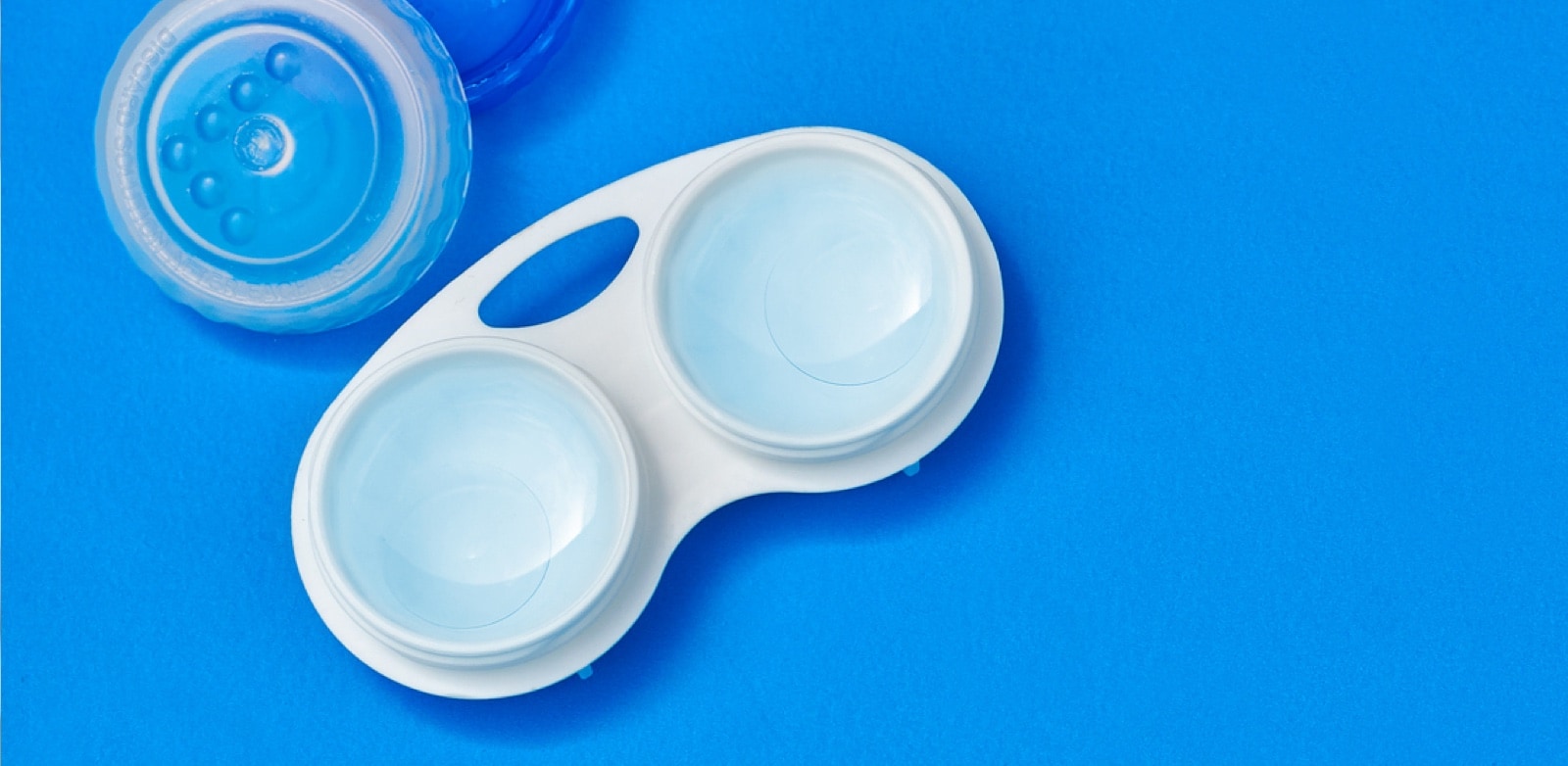Gas permeable lenses: the definitive guide

Gas permeable lenses, also called GP lenses, are “rigid” lenses that are made up of different types of plastics. As opposed to soft silicone hydrogel contact lenses, GP lenses retain their shape better, giving them more a “rigid” feel during wear while still allowing oxygen to pass through the lens and reach the corneas.
What are gas permeable lenses?
Gas Permeable Lenses have been around for years, and now they are typically prescribed to patients that have more complex refractive errors, these lenses are often the contact lenses for astigmatism in more severe cases, or for those who require more precise vision. They are made from a special kind of plastic to provide greater comfort for the wearer and ensure greater oxygen permeability, sometimes even more than soft contacts.
Generally, because gas permeable contact lenses are more rigid, they need to be custom made for each individual, and are therefore used for longer periods of time compared to soft contact lenses. You can order soft contacts online in daily, bi-weekly or monthly disposable lenses, whereas GP lenses are usually worn for longer periods since they are designed and produced according to the specificities of each individual patient.
Most common problems with gas permeable lenses
While GP lenses have many advantages, like greater durability and more precise vision, they are not without their challenges. For example, due to the rigid nature of the gas permeable lenses, they usually require more time for the wearer to get comfortable to the feel of the lenses than soft lenses, and should be worn regularly in order to stay accustomed to the feeling of the lenses on the eyes.
Compared to soft lenses, GP lenses are generally smaller in diameter, and are designed to move around on the eye each time the wearer blinks. This means that they have a greater chance of falling out during strenuous activity, such as when playing sports, and might trap dust or other impurities under the lenses when shifting around on the eye. This could lead to an increased risk of irritation or infection.
Finally, because GP lenses are designed for extended daily use, they require a consistent cleaning regiment.
How to care for gas permeable lenses
You should take care to clean your GP lenses each night after you remove them for the most successful experience. There are a multitude of different products available for cleaning and caring for your lenses, though each kind of lens requires a specific type of treatment.
To make sure that you get the most out of using your GP lenses, your daily care routine should include the following steps:
- Removing the lenses and cleansing them to remove any dust or impurities that may have accumulated on the lenses during the course of the day. Make sure to avoid using tap water when cleaning the lenses, as contains microorganisms that can propagate on the lenses and cause infection.
- Storing the lenses by soaking them in solution overnight. This will keep bacteria from developing on the surface of the lenses, and will also help keep the lenses from drying out and changing shape.
- Those who have excessive buildup of proteins on the surface of their lenses may want to consider occasionally using additional cleaning solutions like enzymatic cleaners to prolong the life of their lenses.
Consult with your OD during your next exam to decide whether GP lenses could be the right solution for you, then you can order contacts online with insurance and have them shipped right to your door.


